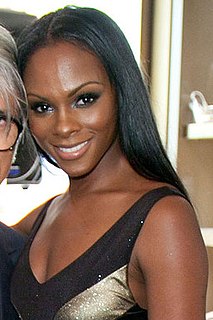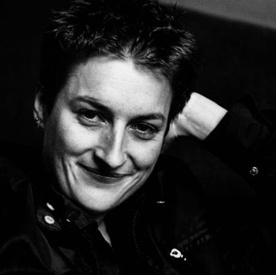A Quote by A. P. J. Abdul Kalam
When a nation is surrounded by weaponized nations, she has to equip herself.
Related Quotes
I say, 'Yeah, Taylor Swift.' I think she is a smart, beautiful girl. I think she's making all the right moves. She's got a good head on her shoulders. She's surrounded with wonderful people. Her songs are great. She keeps herself anchored. She knows who she is, and she's living and standing by that.
She emptied herself of Fabio and of herself, of all the useless efforts she had made to get where she was and find nothing there. With detached curiosity she observed the rebirth of her weaknesses, her obsessions. This time she would let them decide, since she hadn't been able to do anything anyway. Against certain parts of yourself you remain powerless, she said to herself, as she regressed pleasurably to the time when she was a girl.
Charity never lacks what is her own, all that she needs for her own security. Not alone does she have it, she abounds with it. She wants this abundance for herself that she may share it with all; and she reserves enough for herself so that she disappoints nobody. For charity is perfect only when full.
Cassandra always hid when she read, though she never quite knew why. It was as if she couldn't shake the guilty suspicion that she was being lazy, that surrendering herself so completely to something so enjoyable must surely be wrong. But surrender she did. Let herself drop through the rabbit hole and into a tale of magic and mystery.












































